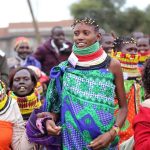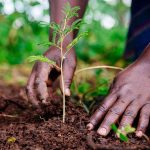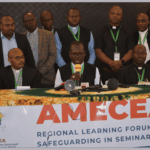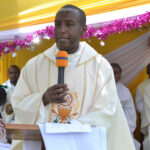Marzena Gibek, a Comboni Lay Missionary in West Pokot, Kenya, launched a project to fight menstrual poverty after hearing girls share their struggles. By training local women to sew reusable sanitary pads, the initiative is slowly proving to be a game changer; restoring dignity, keeps girls in school, and breaking harmful taboos.
By Marzena Gibek, CLM
A Global Injustice Hidden in Plain Sight
Menstrual poverty is the lack of access to feminine hygiene products during menstruation. It is one of the most overlooked issues affecting women and girls worldwide. In an age of advanced technology, global health breakthroughs, and increasing awareness of women’s rights, it would seem that such a basic need should already be universally met. And yet, reality tells a different story.
According to data from UNICEF and the World Health Organization, nearly 500 million women and girls suffer the consequences of menstrual poverty globally. While the crisis is more visible in developing countries like Kenya, Uganda, India, Malawi, South Sudan, and Lebanon, it is not limited to them. In Poland, my home country, the Kulczyk Foundation estimates that around 500,000 women live with menstrual poverty. These numbers are not just statistics, they represent human dignity compromised, dreams interrupted, and opportunities lost.
Life and Mission in West Pokot
Since May 2023, I have been living and serving as a Lay Comboni Missionary in Kitelakapel, a remote area in West Pokot County, Kenya. I joined a small but dynamic missionary community comprising of Linda from Italy and Pius from Uganda. Together, we serve the people through a blend of pastoral care, education, healthcare, and community development.
Linda and Pius dedicate much of their time teaching in local secondary schools. My contribution draws on my background as a physiotherapist, which allows me to support two different clinics; one where I provide therapy for children with physical challenges, and another where I assist in routine check-ups for expectant mothers. I check their weight, measure blood pressure, and complete medical documentation.
But mission life is holistic, it doesn’t stop at physical needs. I also conduct sessions in schools focused on personal development, emotional awareness, relationships, and communication. We support people in need of orthopaedic surgery, helping them access hospitals, accompanying them to check-ups, changing dressings, and sourcing medications.
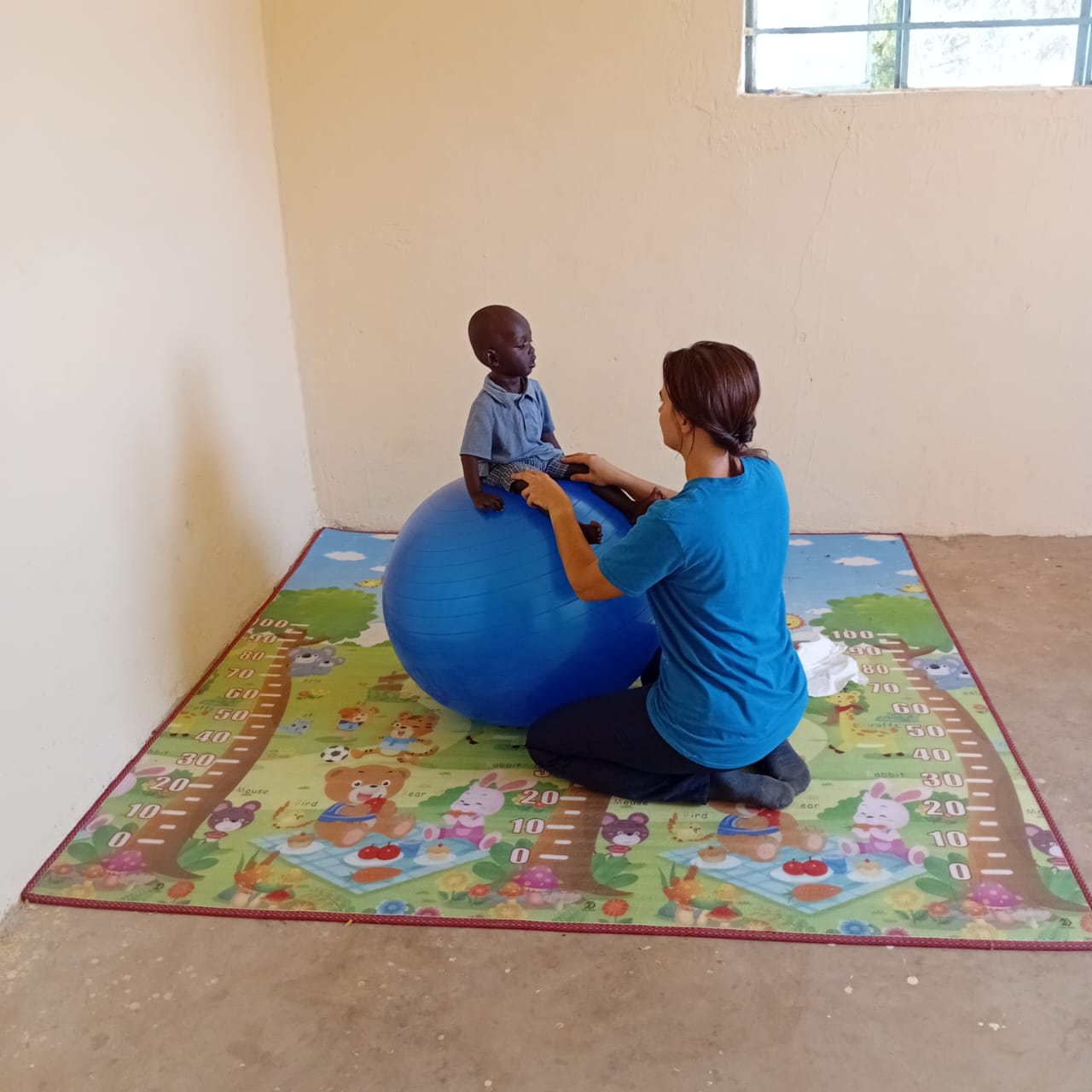
Building Faith and Community
Our mission is deeply rooted in pastoral and spiritual outreach. We organize Sunday school for children, sacramental preparation classes, and lead youth groups such as Young Christian Students (YCS). Our compound becomes a hive of joy every Saturday and Sunday afternoon when children gather to play, draw different shapes on the ground, and dance.
Each Thursday, I visit a nearby nursery school to run basic development activities like drawing, which helps children improve eye-hand coordination. Beyond these, we’re engaged in capacity-building projects, such as creative teaching workshops for primary school teachers and managing a microcredit association aimed at empowering women financially. And of course, our home is a place of hospitality; we regularly welcome visitors, volunteers, and collaborators from near and far.
The Listening That Led to Action
I clearly remember the first few weeks of my mission. Everything was new, the language, the customs, the geography, and the underlying struggles of daily life. I made it my priority not to act too quickly, but to observe, to listen, and to understand. This quiet attentiveness is often the foundation of meaningful missionary work.
Accompanying Linda and Pius to the schools, I began to hear from young girls about their struggles during menstruation. They spoke of missed classes, embarrassment, and deep isolation. Some confided that they lacked even the most basic hygiene supplies. It was through these testimonies that the idea of creating reusable sanitary pads began to take shape.
A Silent Suffering That Demands a Voice
Menstrual poverty in West Pokot is not merely an inconvenience, it is an obstacle to dignity, education, and safety. Without sanitary products, many girls in boarding schools are forced to stay in their dorms, missing out on days of valuable learning. For others, menstruation means staying home, sitting on the sand until their cycle ends. Some resort to using old pieces of cloth, that is if they have any.
The most painful stories, however, are those of young girls forced into transactional sex in exchange for sanitary pads. Tragically, this is not rare. In Kibera, one of Africa’s largest urban slums, UNICEF reports that 65% of girls engage in sex just to access sanitary products. In Lebanon, 66% of women cannot afford menstrual products, and in Ghana, 95% of girls miss school during their periods. These are stories of lost innocence, of traded dignity, of rights denied. Menstrual products should be a right, not a luxury.
From Compassion to Creation
I felt moved to do something. I wanted other women to have access to the very things I had always taken for granted. I began researching reusable sanitary pads, reading articles, talking to health workers, and reaching out for help. Eventually, I connected with a Comboni Sister and a tailor in Nairobi who specialized in sewing reusable pads.
We tested various materials: a waterproof inner lining, three layers of pure absorbent cotton, and a bright kitenge fabric on the outside. A small button secures the pad to the underwear. Reusable pads, if properly washed and dried, can last for up to two years—an affordable and sustainable solution in areas with limited resources. The process from sourcing materials to testing durability, from shipping pads to remote Kitelakapel to planning a training, took more than a year and a half.
Empowering Women Through Skill and Solidarity
Thanks to the generous support of my home parish in Poland, we were finally able to organize a six-day sewing workshop at our parish in Kacheliba, West Pokot County, Kenya. We invited 12 women from Kacheliba and Kitelakapel. Under the guidance of our skilled instructor from Nairobi, the women learned to sew reusable sanitary pads, diapers, and bags.
At the end of the course, we distributed the finished products to local women to familiarize them with the design and encourage usage. The tailors received materials and tools to begin producing more pads for sale, creating an income-generating activity while also serving a vital social need.
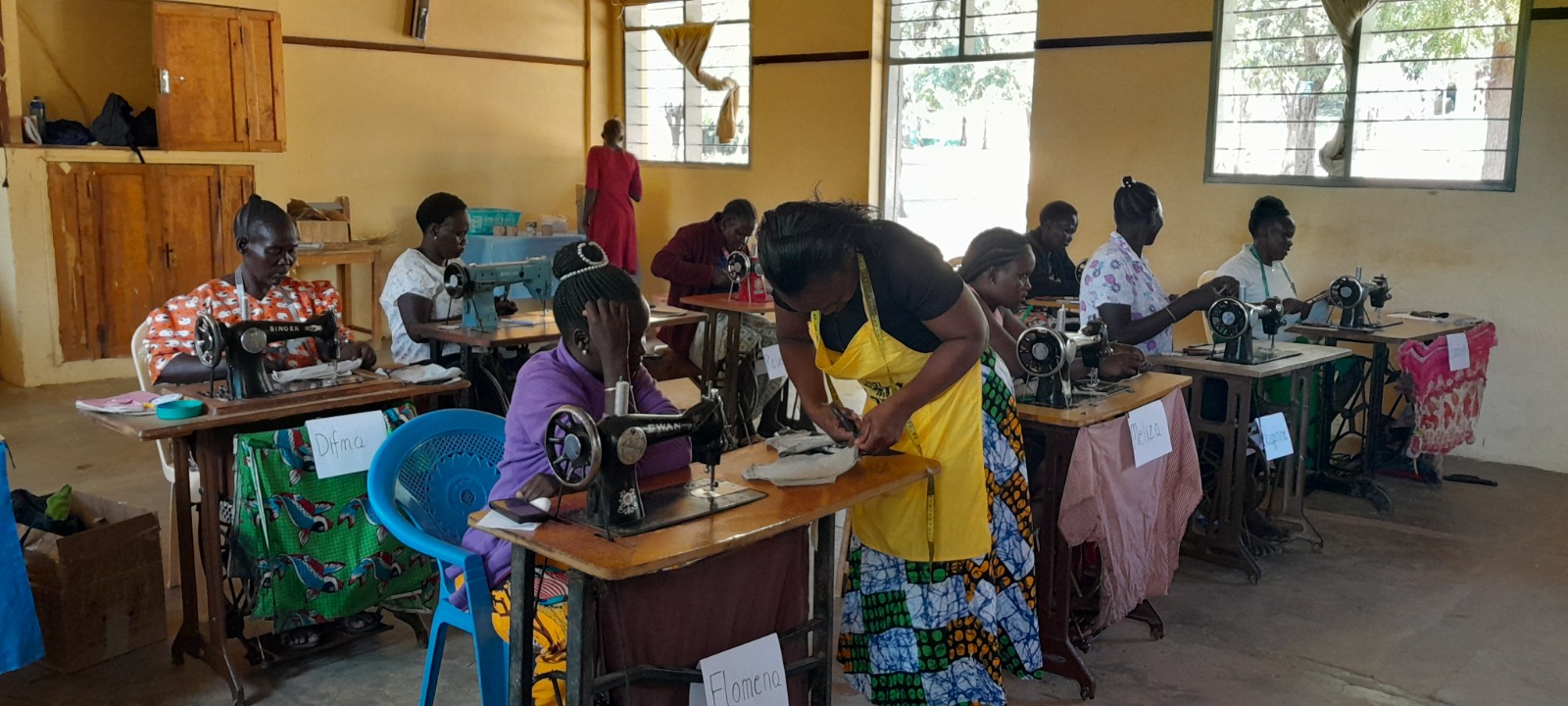
Beyond Products: Changing Hearts and Minds
The sewing workshop was just the beginning. The mission now is to reach even the most remote and neglected areas of West Pokot, where the stigma and suffering surrounding menstruation are greatest. Our trained tailors are already producing more sanitary pads, and we are preparing to distribute them to women most in need. But providing products is not enough. One of the biggest challenges is education not only for girls and women but especially for men and community leaders.
During a recent meeting with village leaders, the topic of menstruation came up. Many participants acknowledged the widespread misinformation and cultural taboos about it. In some communities, a woman is considered “unclean” during her period or shortly after childbirth. She may not touch cooking pots, drink cow’s milk, or enter certain spaces for fear she might cause death or misfortune. These superstitions and stigmas are deeply ingrained and cause immeasurable harm to women’s self-worth and social standing.
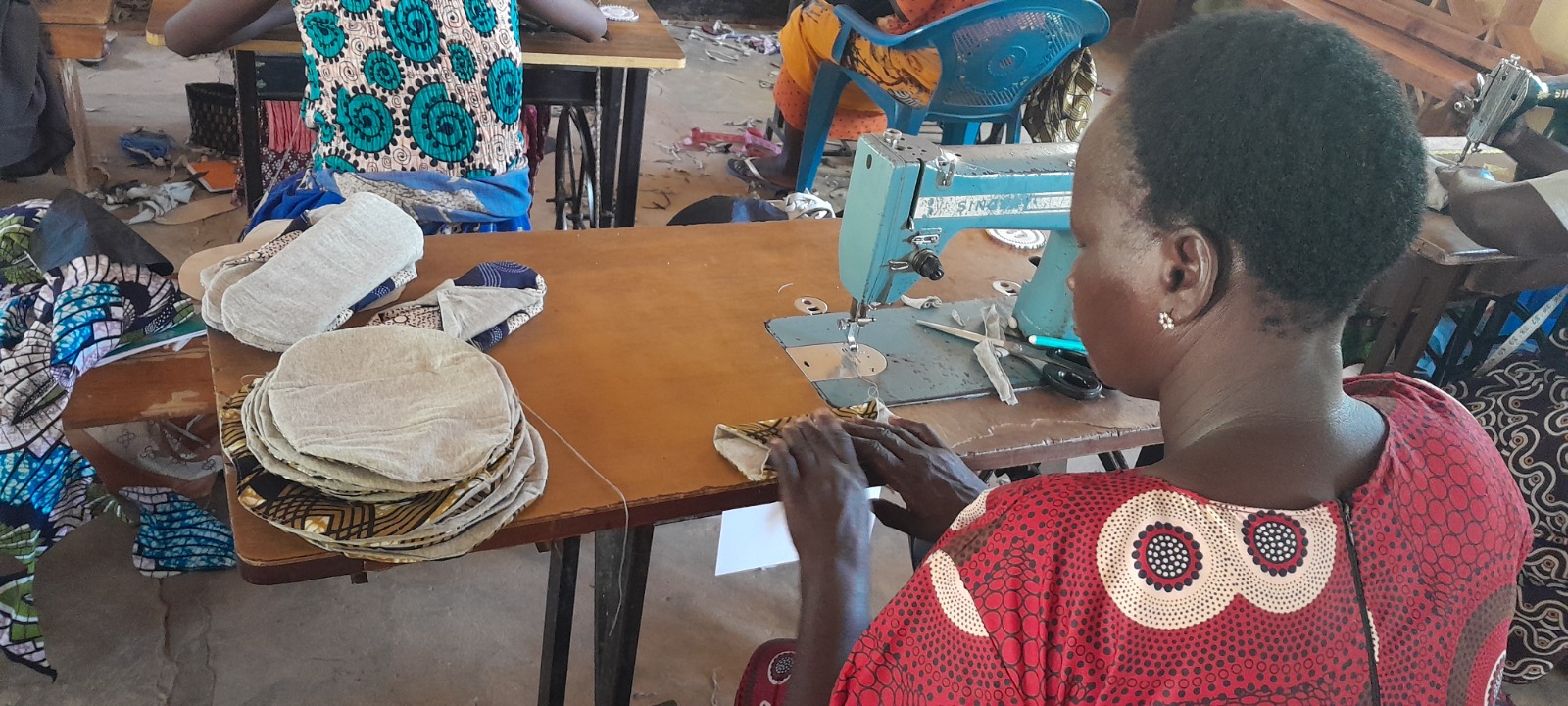
A New Vision for Womanhood
Through this project, we hope to ignite a cultural shift, a transformation rooted in knowledge, compassion, and equality. We want every girl and woman to know that menstruation is not a curse or a shameful secret. It is a biological gift, a sign of life, and a core part of the feminine identity. We are working toward a future where menstruation can be discussed openly, where boys are taught respect, and where no girl misses school or sacrifices her dignity because of her period.
The Long Road to Restoration
This change will not come overnight. It may take years, even generations, to dismantle these deep-seated beliefs and to replace silence with conversation, stigma with support. But I believe it is possible. To realize my own dignity, to understand that it is God-given and not dependent on societal acceptance, is like being born again. It is a kind of inner healing, one that mends invisible wounds and restores a woman’s sense of self.
I hold hope that this transformation will come to every woman we reach. That through education, empowerment, and empathy, menstrual poverty will be replaced by menstrual dignity. And that one day, no girl, whether in West Pokot or Warsaw, will ever feel ashamed of the very body that gives life to the world.




